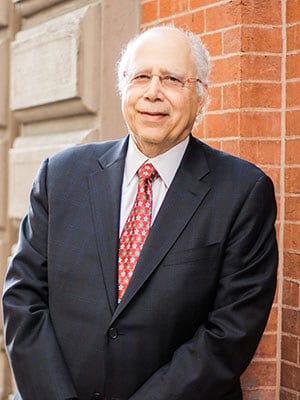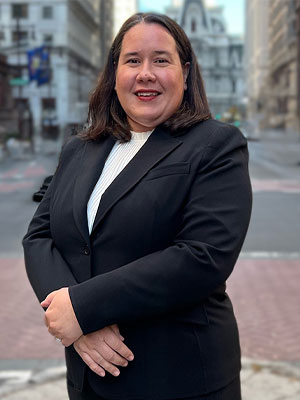Trusted Guidance In Estate Planning And Administration
Planning for the future is important, which is why estate planning is something that shouldn’t be put off. And because you won’t be around to clarify your intentions, it is critical that your estate planning documents are precise, thorough and clear to all who read them.
The attorneys in the Wills, Trusts, Estates and Taxes Practice Group at Astor Weiss Kaplan & Mandel LLP have over 100 years of combined experience tailoring estate plans to the unique circumstances of each client and their beneficiaries while minimizing estate and inheritance taxes.
Let Us Help You Create A Customized Estate Plan
Creating an estate plan that is specific to your situation starts with a thorough analysis of your assets and discussion of your estate planning goals (e.g., establishing guardianship for your children, providing for future generations, protecting your loved ones, pet care, and/or supporting personal philanthropic causes).
To that end, we can help you create all of the estate planning documents and legal tools you’ll need to achieve those goals. Your plan might include the following:
- A last will and testament
- One or more trusts
- A health care directive (also called a living will)
- Financial and health care power of attorney
Creating a customized estate plan is easier and faster than you might think – if you are working with a skilled attorney, of course.
Understanding Your Trust Options
Trusts can be an especially powerful tool because they give you significant control over how, when, to whom and in what manner your assets are distributed to the intended beneficiaries. Here are just some of the types of trusts we can help you create:
- Revocable trusts
- Irrevocable life insurance trusts
- Grantor retained annuity trusts
- Intentionally defective grantor trusts
- Trusts that can hold S corp stock
- Trusts for the benefit of grandchildren
- Qualified personal residence trusts
- Special needs trusts
- Retirement plan trusts
- Charitable lead trusts
- Charitable remainder trusts
When you meet with one of our attorneys to discuss your estate planning goals, we can recommend one or more trusts to help you achieve them.
Addressing Additional Estate Goals And Concerns
Most people want to minimize tax liabilities and address any other issues that might diminish the assets left to their loved ones. We can help you plan for taxes and address other concerns. Our services include assistance with matters such as:
- Lifetime gifting strategies
- Business succession planning
- Asset protection strategies
- Family limited partnerships
- Domicile planning
Representation And Guidance In Estate And Trust Administration
The practice group also has extensive experience in the administration of estates and trusts of all sizes and complexity. If you have been named as a trustee or as the personal representative of a loved one’s estate, we can assist you in carrying out your important duties.
How Can We Help You? Discuss Your Needs During An Initial Consultation.
Astor Weiss Kaplan & Mandel LLP proudly serves clients throughout the greater Philadelphia area. To schedule your initial consultation, reach us online or call 215-790-0100 today.



